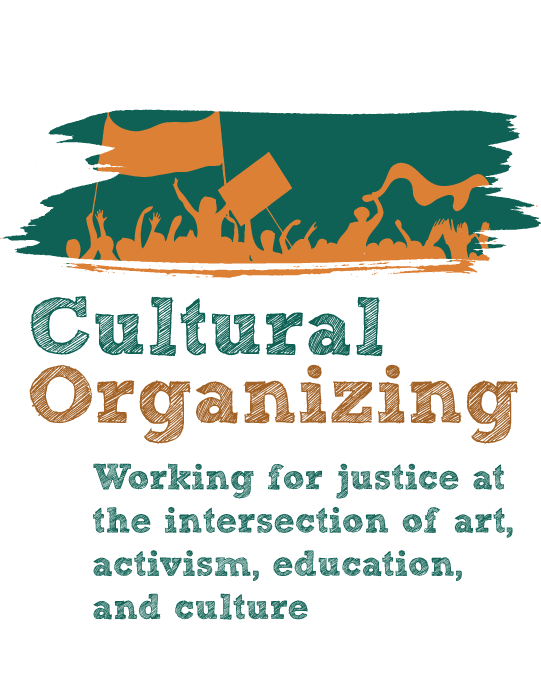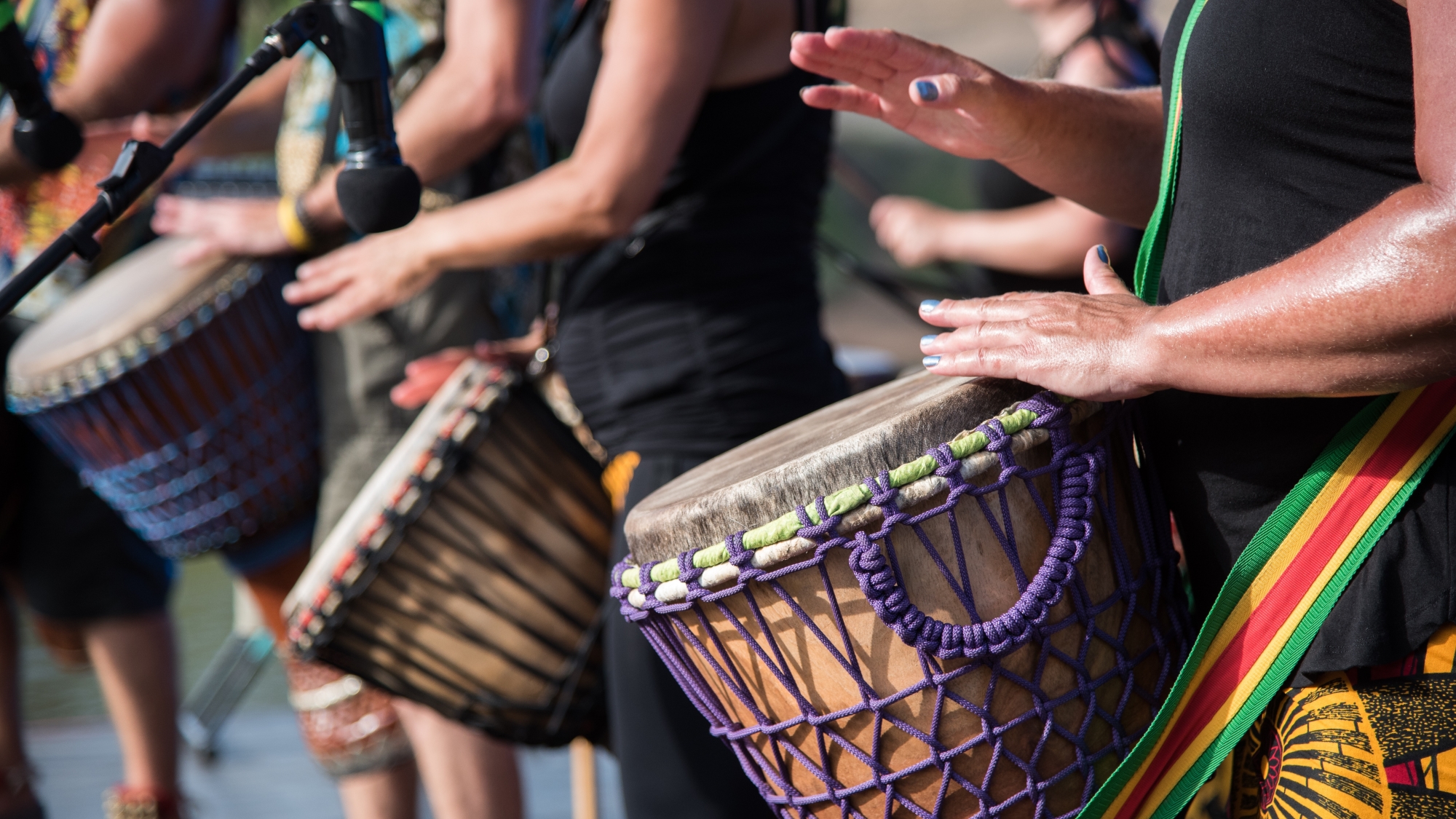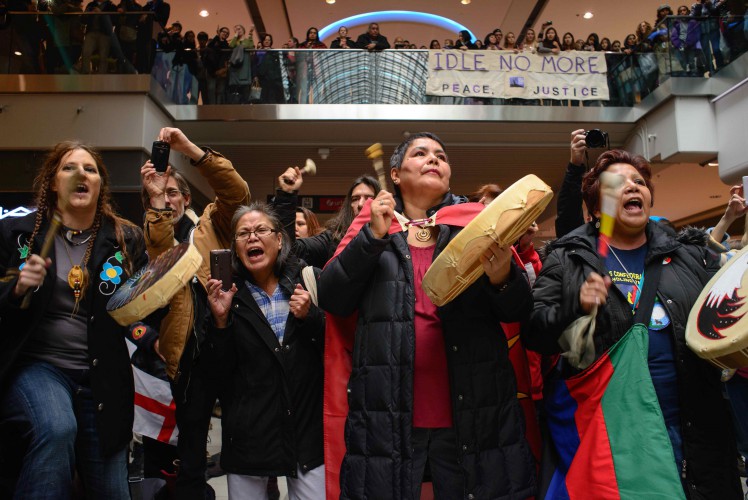“Syllable by syllable let each verb,
each noun
build a fortress on your insides. Strengthening
the levees of your soul”
Sitting out Hurricane Irene with my family in Boston, winds battering the windows, I thought I might share a storm-related post. As Irene makes its way up the east coast, and reports of flooding and deaths come in, it’s difficult not to be reminded of Katrina — that storm that both devastated the gulf coast and uncovered some key deficits in our country and government.
There is much we can learn from our responses to natural disasters. In addition to renewing our respect for the natural world, and our inability to fully control it, disasters stretch our resources to the limits. In doing so, they highlight systems of racism and oppression that are always there, but are deftly hidden within the myths our country tells itself.
In the newest set of resources put out by the Zinn Education Project, teaching artist Renée Watson tells of how
she took advantage of these national teachable moments — as well as the power of spoken word
poetry — to educate and empower a class of New York City youth. The article, Five Years After the Levees Broke: Bearing witness through
poetry, is available online at the Zinn project, along with many other
resources, including a piece on using stencil art to explore the history of social protest. (You
have to register to download the whole resource, but it’s free and you won’t regret
it.)
Five Years offers a narrative of Watson’s lesson. Starting with education on
Katrina, both through news articles and through Jay-Z’s song Minority Report (Video Below),
Watson then had the youth compare the response to Katrina with that to the hurricane in
Haiti and the wildfires in San Diego in 2007.
These discussions made connections between poverty, race, and relief efforts, raising questions such as why people in the Superdome in New Orleans had to wait five days for water, while those in Qualcomm Stadium in San Diego had buffets and massage therapists. This was followed by making the beginnings of connections to the students’ own lives in NYC.
In response to what they had learned, and inspired in part by Jay-Z, students wrote poetry based on the question: “What do you have to say to New Orleans, San Diego, Haiti? What do you want to say to America?” The result, which Watson combined into a collaborative poem, was performed by the young people at a spoken word poetry festival in Harlem.
In addition to being a creative form of critical pedagogy, this essay highlights the importance of not losing the lessons we learned in the aftermath of New Orleans and other natural disasters. The cameras have long since left New Orleans, and the outrage about the racism that led to the abandonment of so many in the Lower 9th Ward has been turned elsewhere. But the disaster is continuing. Powerful people are using the rebuilding efforts to create a smaller, wealthier, whiter city. The now mostly charterized education system, while hailed by many as a great “experiment,” is disenfranchising local teachers and community members, moving resources from the public to the private sector, and playing into the hands of those who would rather not see poor people from the Lower 9th return by rebuilding schools in select areas. This deserves our continued engagement.
“Haiti.
New Orleans.
Ethiopia.
Flint, Michigan.
Bronx, New York.
You will not be forgotten . . . You will rise. You will rise
because we will lift you up.”




